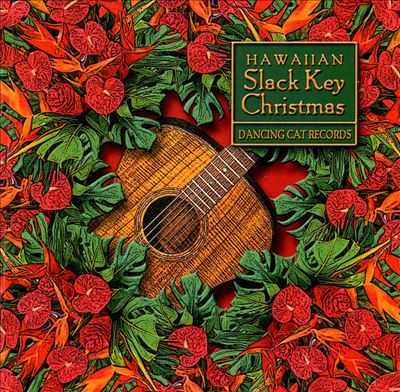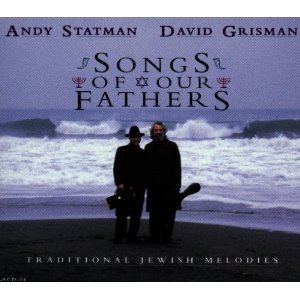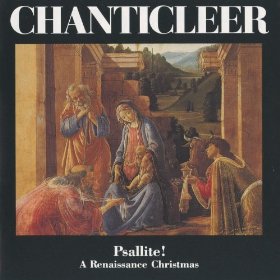Are There More Than Ever?
General mountain dulcimer or music discussions
I am not sure how to respond to this interesting conversation except as an outsider. I have only been playing the dulcimer for about 4 years. I have only attended two festivals, both on the west coast. I cannot attest to how things have been changing in the dulcimer community, but I do share the general observation that dulcimer players are increasing in number and so are dulcimer festivals. Stephen's observation is merely that even if it is true that a majority of workshops center on chording, DAd tuning and playing by tab, there is more available on other styles of play than there was in the past. That seems like an accurate observation.
Later this month I will be attending a dulcimer festival offered for the first time. There are 9 workshops in total, about 1/3 devoted solely to beginners. Of the other 6, one is devoted to noter technique, one solely to DAC, and one to a variety of tunings for fiddle tunes. There are only two devoted to modern chord style play in DAd tunings for intermediate or advanced players. My guess is that nearly everyone attending will find too little for their particular interests. But to the credit of the organizers, there is quite a variety for the choosing.
But this festival symbolizes the problem. There are only so many workshops that can be scheduled and perhaps only at the massive festivals like Dulcimerville is it possible to schedule enough workshops on a sufficient variety of playing techniques to satisfy everyone. Stephen's own work is another example. While some traditionalists see his work as a quintessential example of modern chord style playing in DAd, others of us complain that the Join the Jam tunes are allpresented in a drone style, with the melody played solely (or mostly) on the melody string. You just can't please everyone.
But what I fail to understand is why people think these different ways of playing the dulcimer are mutually exclusive. I consider myself a modern chord style player because I fret across all the strings. But to some people, much of what I do is not chord/melody but flatpicking. And sometimes I fingerpick, when the song or arrangement warrants that technique. Recently I began trying to play an old Shaker hymn and I decided the best way to do it would be out of a DAA tuning, perhaps even (gasp) with a noter. Having attended the Redwood Dulcimer Day in Santa Cruz, I've learned from some of the originators of the West Coast style of play. But what I've learned from them is how to play traditional French waltzes, laudas from the Italian Renaissance, and songs of freedom from South Africa. In the same way that playing the mandolin made me a better guitar player, studying different styles of dulcimer playing makes us better at whatever it is we choose to specialize in.
What I find bothersome is the refusal of some dulcimer players to attend a workshop that does not address the specific style of play they prefer. This kind of ghetto-izing can only stifle our development as musicians. Robin Clark, who is active here and a wonderful noter/drone player, occasionally posts renditions of songs in a chord style, and even in one of his droning tunes, he refers to the move to the IV chord in one part of the melody. His understanding of chords does not hinder but rather enhances his ability to perform as a noter/drone player.
But now for my personal complaint: I hate tablature. Yes, I use it, almost daily, to get the general sense of a song or to navigate a particularly difficult section of a tune, but I cannot read tablature fast enough to play along at a workshop. If you play a verse or two, however, I'll catchup. I have to feel a song before I can play it. At the Dulcimer School I've posted a lot of practice videos, and I appreciate Stephen's feedback. But truth be told, I learn from the videos or audio tracks, not the tablature. I don't even look at most of the tablature. My prediction is that tablature will die out as audio and video recording becomes easier and easier. It used to be that the only "take-away" from a workshop would be a piece of paper with the music written on it. And since we are folk musicians suspicious of fancy learnin', we refuse to learnSMN, so we use tablature. But everyone has a phone now that can capture a workshop leader playing a song. Everyone can record themselves on their webcams and share their work with the world on YouTube or here at FOTMD. I find it tedious to have an instructor lead us measure by measure through a piece of tablature that was not made available prior to a festival. If the tab is helpful, distribute it beforehand. But when we get together, let'splay. If I have to sit out the first verse or two while I get the hang of a piece, so be it.
Maybe, here on the West Coast, I don't have the luxury of complaining ofa First World problem. I am so grateful if someone who plays the dulcimer and has something to teach me is within a few hundred miles, that I don't care what tuning they are using, whether they fretwith fingers or a noter, or whether they hold a quill, a pick, or nothing in their right hand. I am grateful to have them near and want to learn what they have to share.







